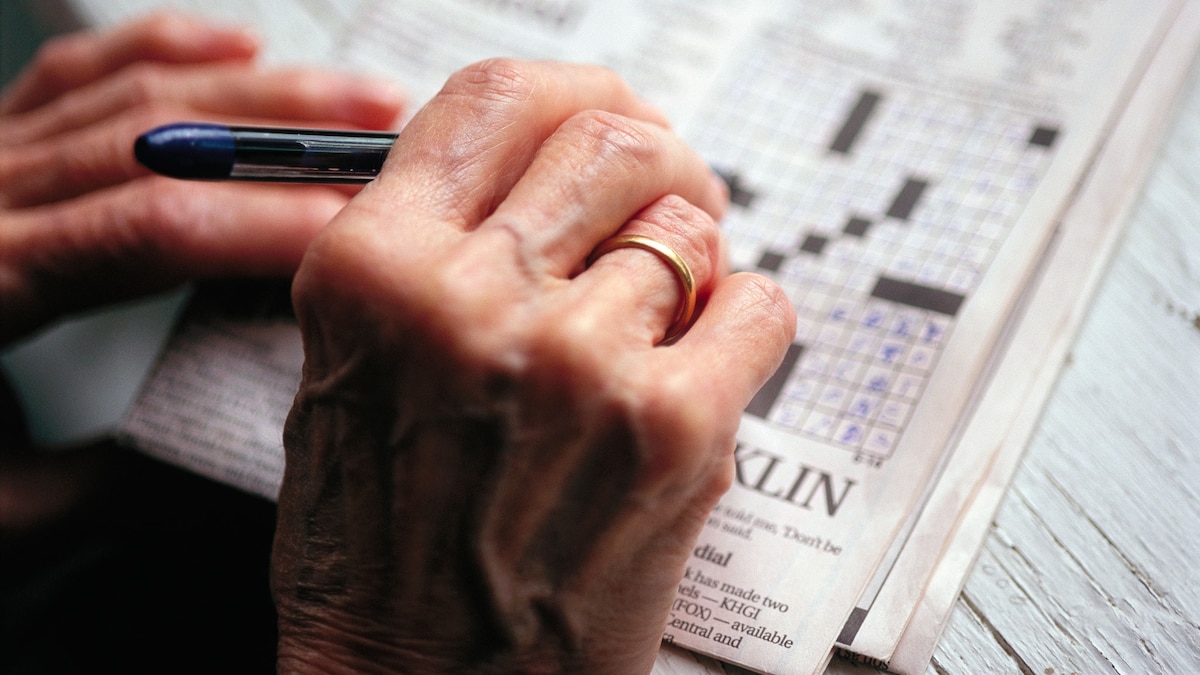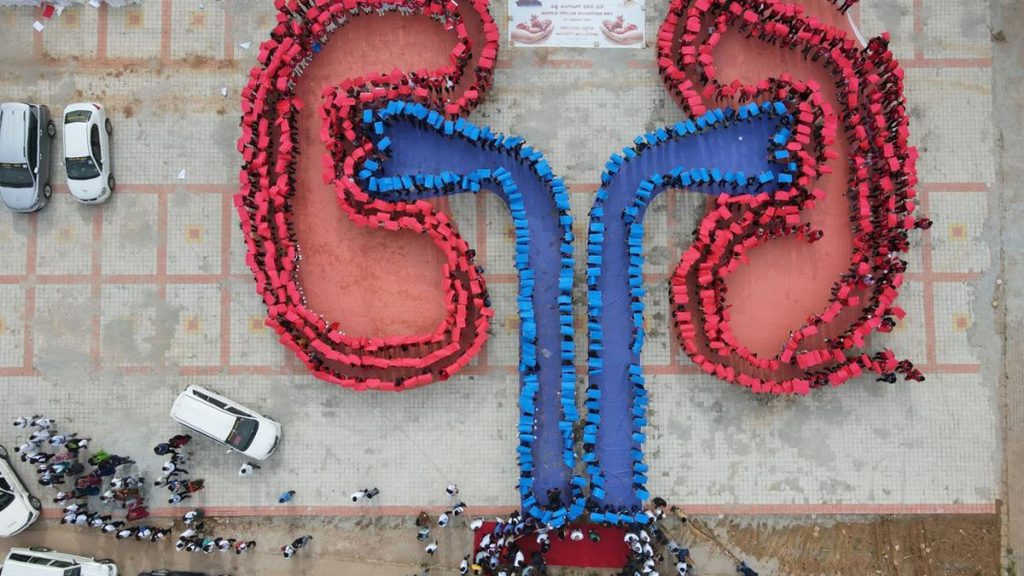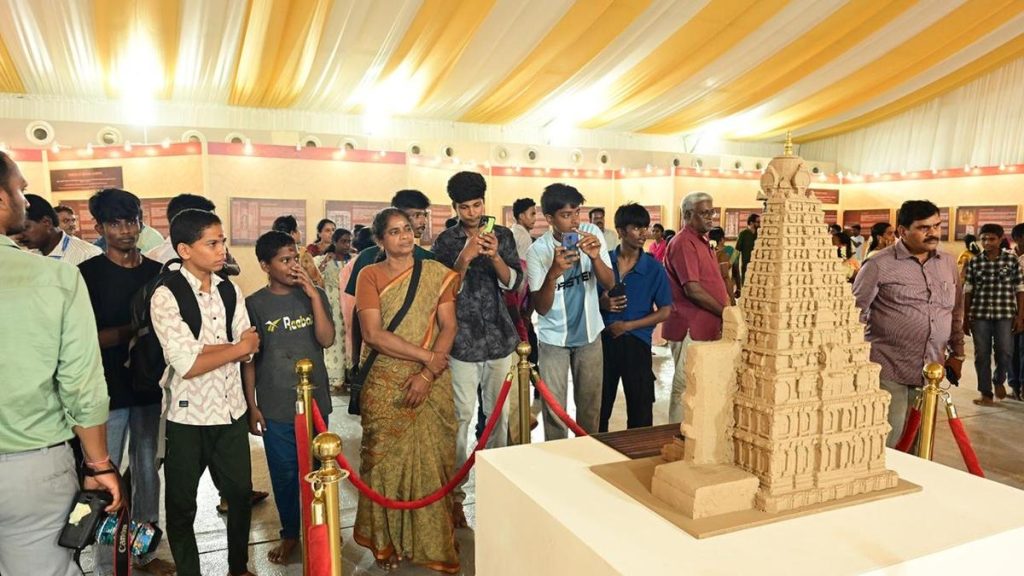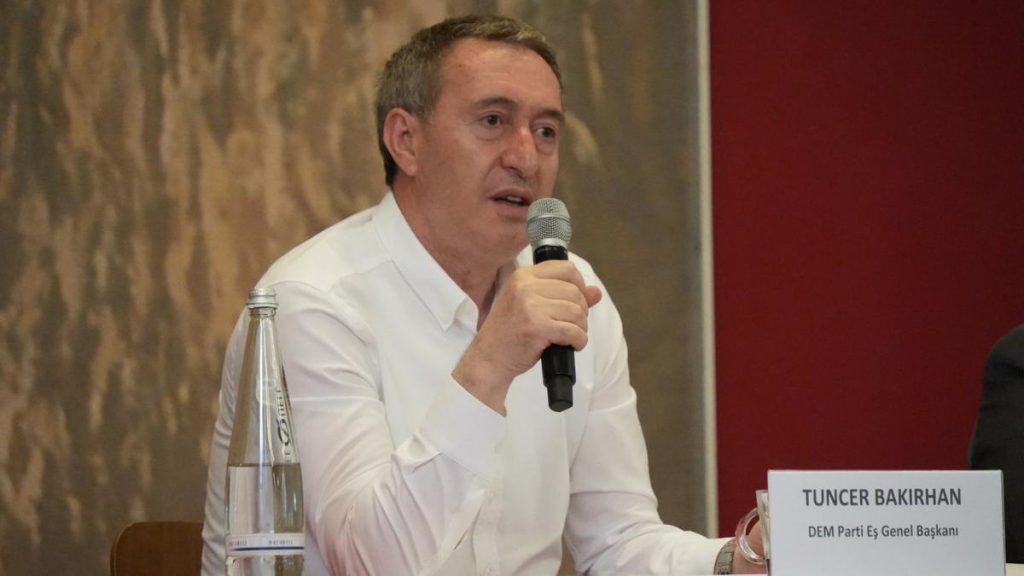Now Reading: Do Crossword Puzzles Boost Brain Health?
-
01
Do Crossword Puzzles Boost Brain Health?
Do Crossword Puzzles Boost Brain Health?

Quick Summary
- Crossword puzzles are often believed to keep the brain sharp as part of cognitive workouts like Sudoku and word searches.
- Studies suggest benefits are nuanced; a 2022 study found modest cognitive improvements for those with mild cognitive impairment (MCI) after 12 weeks of crossword puzzles.
- A 2024 study linked board games and puzzles to better memory, reasoning, and verbal abilities but clarified this relationship may be correlational rather than causal.
- Exercise is identified as the most powerful tool for preventing dementia, boosting neuroplasticity, hippocampus volume, glucose control, and overall brain health.
- The Lancet Commission listed several modifiable risk factors for cognitive decline including smoking, hypertension, social isolation, obesity-but not crossword puzzles.
- Experts suggest that puzzle enthusiasts may benefit from several overlapping habits such as higher education levels and maintaining an active lifestyle which contribute substantially to reduced dementia risk.
Indian Opinion Analysis
While crossword puzzles offer engaging mental stimulation with some possible benefits for specific groups like individuals with mild cognitive impairment (MCI), evidence suggests their impact on brain health alone is limited compared to proven interventions such as regular physical exercise. Tailored exercise programs promoting cardiovascular activity have repeatedly shown compelling outcomes in boosting neuroplasticity-the creation of new neural pathways-and reducing Alzheimer’s risk.
The correlation between puzzle-solving habits and sharper minds seemingly stems from a broader lifestyle context where individuals pursue varied intellectually engaging or healthy practices such as staying active both physically and socially. As India faces rising rates of noncommunicable diseases like diabetes-which overlaps with risks for dementia-this research underscores the importance of adopting extensive prevention strategies through education access reforms alongside public campaigns advocating fitness routines tailored to older populations.
India stands at an opportune moment where awareness campaigns targeting both neurological health via proactive measures could play foundational societal safeguarding amid longevity expansions visible trends Read More

























